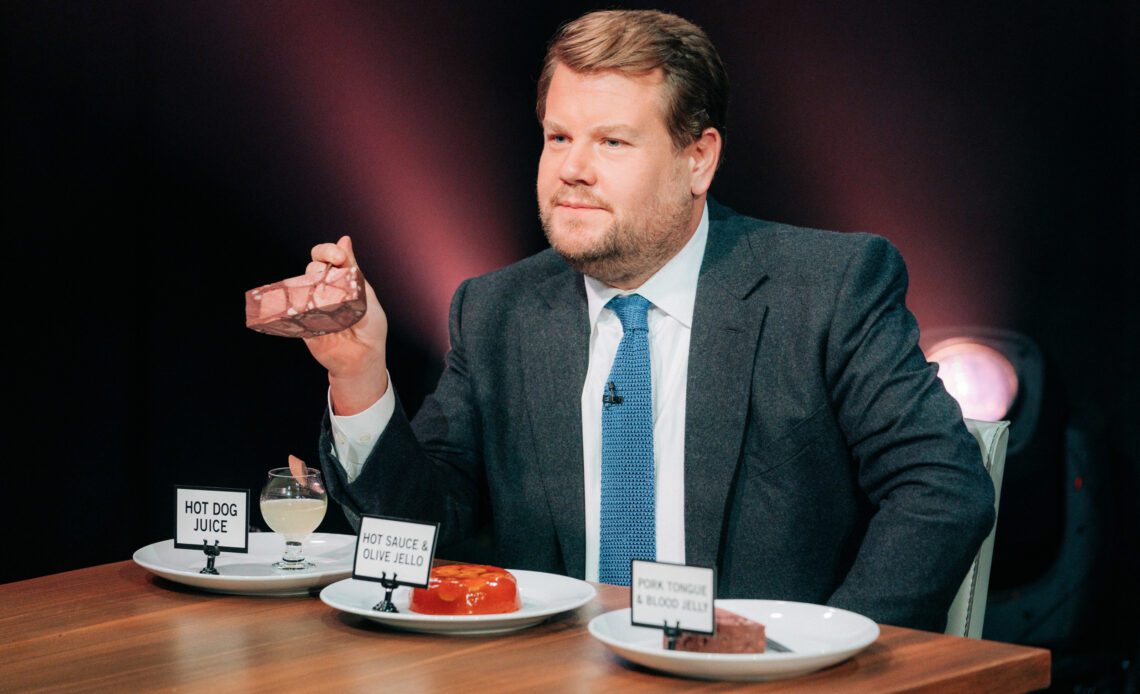When I read that New York restaurateur Keith McNally had banned “The Late Late Show” host James Corden from famed restaurant Balthazar for allegedly abusive behavior, I was shocked. Not at hearing accusations that a wealthy celebrity had been rude to people in the hospitality industry, but at something far less common: a restaurant owner’s criticizing and barring a client, in public no less.
“You can’t do your job! Maybe I should go into the kitchen and cook the omelette myself!” Corden is alleged to have yelled at his server, identified by McNally under the initials M.K. in his Instagram post.
Personally, I wish it happened more often. Rather than apologize, explain and plead with nasty customers to remove one-star reviews online, genuflecting to the dogma that the customer is always right, more restaurateurs should feel confident telling troublesome diners that they aren’t welcome.
Yes, owners would like all of their Yelp and Google scores to be five stars. But the volume of vindictive people who leave bad reviews out of spite (blaming a small restaurant for the third-party delivery company that screwed up the order and a Montreal bagel shop for not making New York bagels, among other attacks I’ve documented in my Twitter feed) and the lack of accountability from those platforms makes it impossible to maintain a clean report card in any case.
While naming names opens restaurateurs up to defamation lawsuits, I am in complete support of telling nasty guests to leave and enforcing a discreet no-dine list, instead. In fact, when I started out as a food reporter 14 years ago, I used to frequently hear from owners of full-service restaurants that they kept informal lists of personae non gratae. They were never public. And rarely did they outright inform diners that they weren’t welcome — that’s an invitation for more conflict from people who crave it. When problem diners called for Friday tables, they were simply told that the soonest seating available was in two weeks on a Tuesday.
Terrible people don’t get any nicer when they’re hungry or drunk.
However, that was in the analogue era. As reservations have shifted to the digital sphere, it’s become nearly impossible to enforce a no-dine list. Unfortunately, online reservation systems have also magnified one of the reasons diners used to end up being shunned: the reservation no-show.
It’s now easier than ever to make multiple reservations for the same night, then choose a…
Click Here to Read the Full Original Article at NBC News Top Stories…

